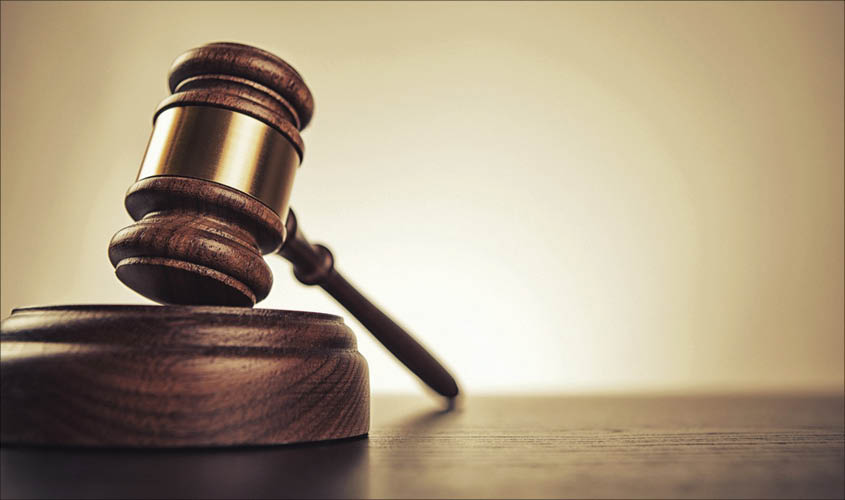The 14 May bail with apology order of the Supreme Court in the Priyanka Sharma—BJP’s activist in West Bengal—case, undermines the fundamental rights against arbitrary arrest and use of criminal law to silence political rivals during an election, which must be free and fair. Let’s see how:
ARBITRARY FIRs AND ARREST: A young district activist of BJP’s youth wing, BJYM, in West Bengal, Priyanka Sharma posted on social media a meme of West Bengal Chief Minister Mamata Banerjee of the Trinamool Congress. The meme morphed a photograph of actor Priyanka Chopra at a foreign event with that of the Chief Minister. When a local TMC member lodged a complaint, the police promptly converted it into an FIR for cognizable offence, as if any constitutional protection against arbitrariness does not exist. This is shown by the FIR marking an offence under Section 66A of the Information Technology Act, even though that provision on knowingly using communication services for insulting, offensive or annoying messages had been struck down in 2015 by the Supreme Court in Shreya Singhal vs Union of India, for violation of free speech, the “most basic of human rights” guaranteed under Article 19(1)(a) of the Constitution of India.
This patent non application of mind by the senior police officers in registering an FIR was aggravated by the decision to arrest Priyanka Sharma. Since 1994, in Joginder Kumar vs State of UP, the Supreme Court has laid down that arrest is not a necessary or automatic consequence of an FIR for a cognizable offence. Priyanka Sharma is the activist of a political party which is in power at the Centre and is contesting elections in West Bengal against Mamata Banerjee’s party. She has her family roots in the state and resides there. There was no indication that she would not cooperate with the investigation or abscond. Yet regardless of the Joginder Lal judgement senior police officers decided to arrest her.
Moreover, the Supreme Court’s 14 May order asking the victim of such arbitrary action to apologise amounts to victimising her further and thereby undermining its own judgements based on the fundamental rights under Articles 14 and 21 of the Constitution.
FREE SPEECH: Since 1950 the fundamental right to free speech under Article 19(1)(a) has been extolled by the Supreme Court as the hallmark of the parliamentary system of democracy based on the entrenched fundamental right of free and fair elections. The West Bengal elections are a testing ground for these binding judgements of the Supreme Court. Despite declaring that Priyanka Sharma had a prima facie case and therefore was entitled to bail, the Supreme Court directed her to apologise to the Chief Minister, whose police had blatantly violated her fundamental rights as affirmed by the Supreme Court itself. By passing an ex cathedra order of apology while granting bail to Priyanka Sharma the Supreme Court seems to be now saying that it is not only final, but also infallible. The apology order undermines the Supreme Court judgements on the rule of law being the rule of reason. The Supreme Court did not ask the West Bengal government to point out the category of Article 19(1)(a) of the Constitution, of the eight categories of regulation given therein, under which it was using the criminal law to curb free speech. This signals to the police a free hand to invoke the criminal law to silence political rivals and leave them to seek their judicial remedy of interim freedom of bail, subject to an apology to the one who has wrongfully got them arrested. The mandatory direction for an apology makes the Supreme Court trespass from the judicial to the legislative field so as to amend the criminal law on bail. The Supreme Court order is a contradiction of a prima facie case versus an apology for having a prima facie case against the police and an apology that is not a condition of bail but yet is a mandatory direction, the violation of which could invite contempt of court action. This raises the issue of the credibility of the Supreme Court’s orders.
FREE, FAIR ELECTIONS: The bail with apology order of the Supreme Court, finally, goes against its judgements—Indira Nehru Gandhi (1975) and PUCL vs Union of India (2013)—that free and fair elections, constituting the basic structure of the Constitution, are based on the constitutional right to vote as a part of the fundamental right to free speech. If a citizen, regardless of the political ideology believed in, cannot express freely his or her distastefulness through a meme of another party or its leader/s, then the basic structure of free and fair elections is violated by putting such expression in fear of arbitrary criminal action and an apology to the perpetrators of such action. The Supreme Court order of 14 May 2019 violates the constitutional morality of not making fundamental rights regressive.
Dr Krishan Mahajan is presently a teacher of law

